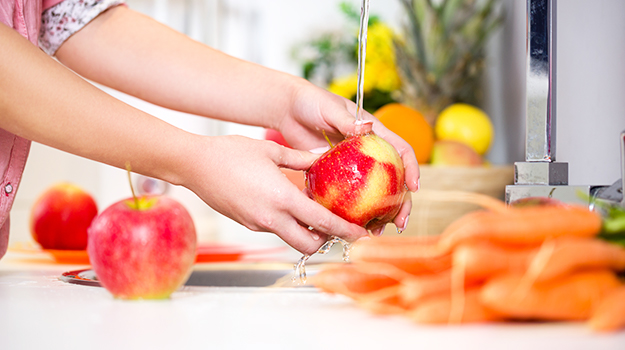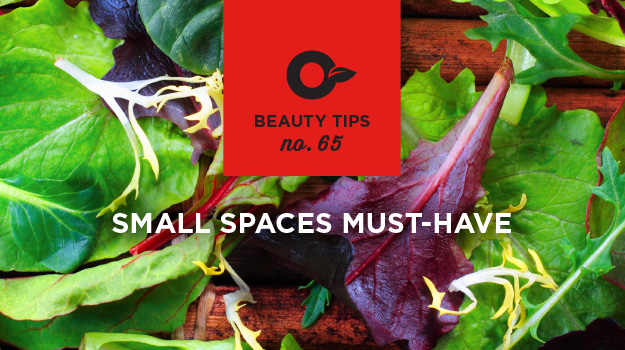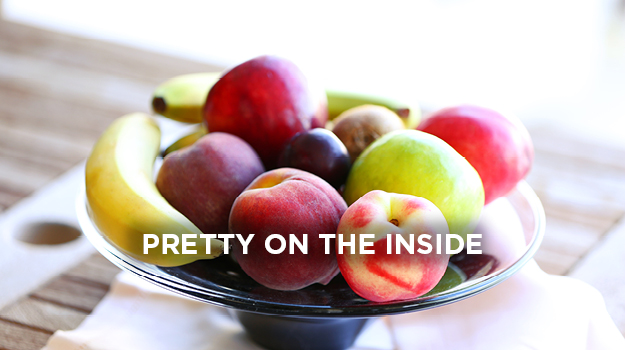
Fruits and vegetables are an important part of our diet. They contain nutrients that help us stay healthy. Before eating a fruit or vegetable, it's important to wash it thoroughly to remove the germs accumulated during transport and storage and to eliminate the pesticides there may be on the skin.
To prevent fruits and vegetables from spoiling too quickly (and bacteria from proliferating), it is recommended, in most cases, to wash them only before consuming or cooking them. Here are the good practices depending on the type of fruit or veggie.
Firm flesh (melons, apples, squash)
Wash them in cold water while scrubbing vigorously with a brush. Then, dry them with a cloth or paper towel.
Soft flesh (peaches, plums)
Wash them in cold water and dry them with a cloth or paper towel.
Berries (raspberries, strawberries, blueberries)
Rinse them with fresh water before eating them. Avoid soaking them in water or washing them in advance, as they would spoil quickly. Then, remove the soft or mouldy parts to prevent the propagation of microorganisms.
Leafy greens (lettuce, spinach)
Remove the tips and damaged parts. Soak the vegetables in a bowl of cold water for two to three minutes. Remove excess water using a paper towel or salad spinner.
Herbs (basil, parsley, thyme)
Remove wilted leaves. Place your herbs in a bowl of cold water for two to three minutes. Then, dry them with a paper towel.
Root vegetables (carrots, potatoes, beets)
Wash them in warm water, scrubbing with a stiff-bristle brush to remove any remaining soil residues. Dry them in a cloth or paper towel.
Mushrooms
It is prefereable to rinse mushrooms only before eating them. Do not soak them in water as they would absorb it and spoil quickly. Simply wipe them with a clean cloth or paper
Learn more about Food Safety for Fruits and Vegetables on Canada.ca
Learn more about Food Safety for Fruits and Vegetables on fda.gov in the United States.





